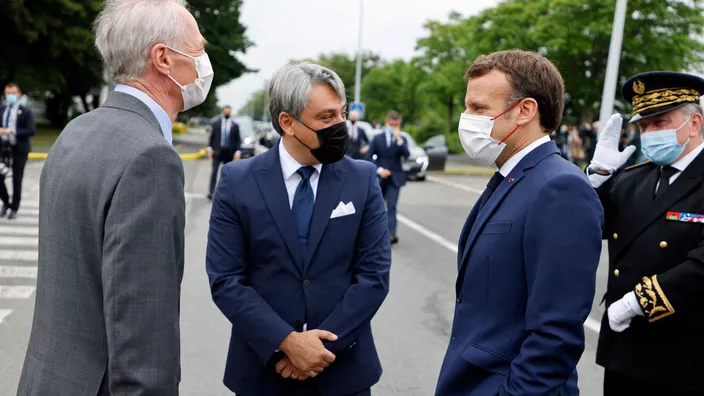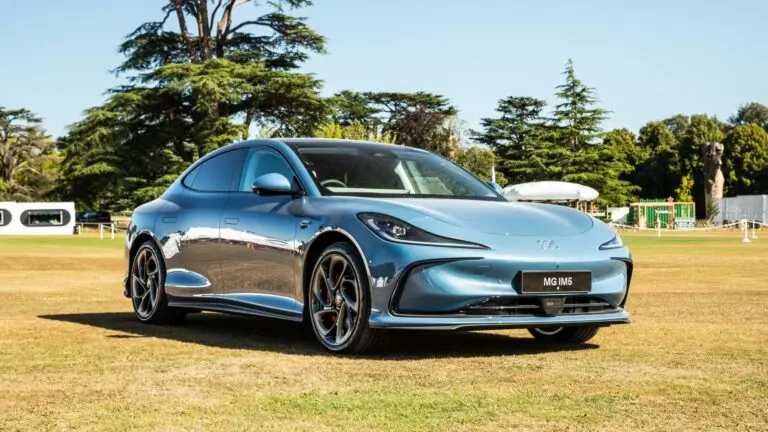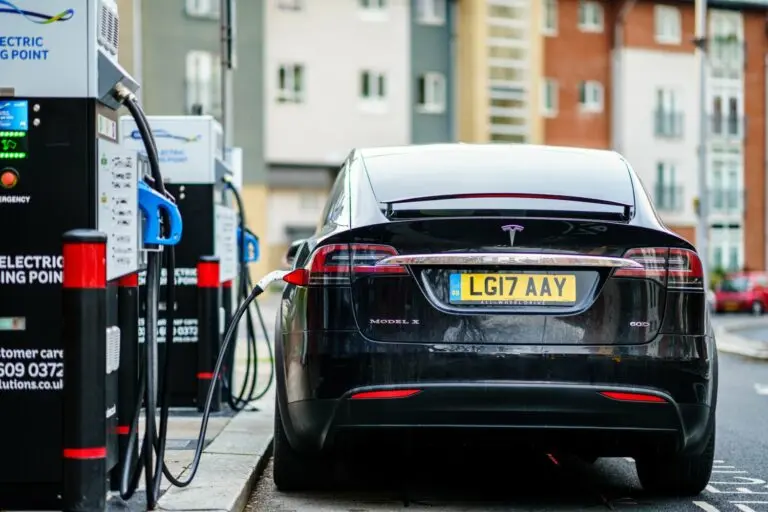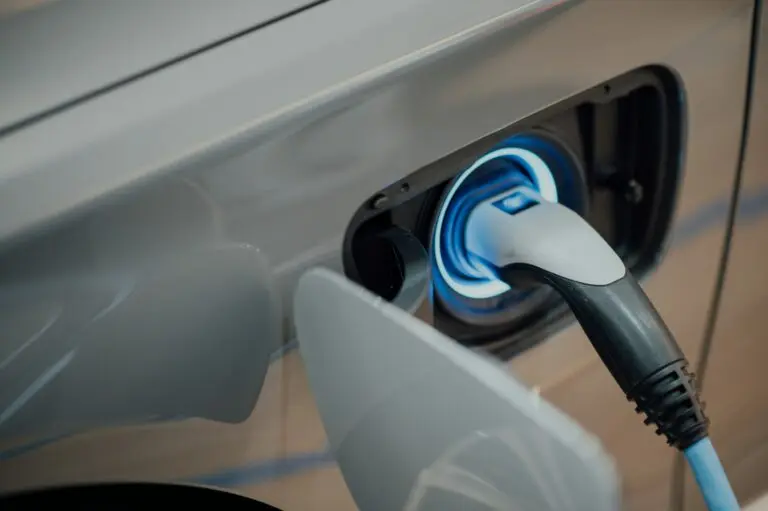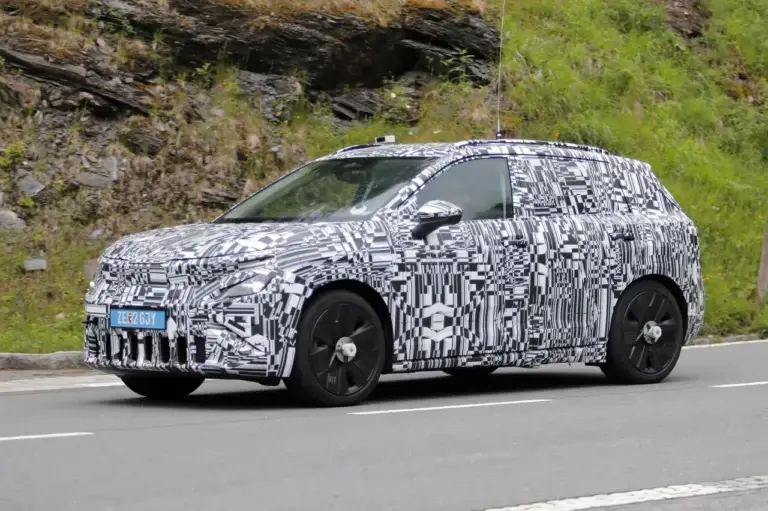On Tuesday 3 June, Emmanuel Macron visited Douai to inaugurate the AESC Gigafactory, a huge factory specialising in the production of batteries for electric cars. The Gigafactory, developed in partnership with the Chinese group Envision AESC, is part of the Renault ElectriCity industrial cluster, dedicated to 100% electric vehicles.
Designed to produce batteries for the new Renault electric range, this « gigafactory » will eventually produce an annual energy capacity of between 24 and 30 GWh… By way of comparison, that’s enough to power an average town of 5,000 inhabitants for a year. In reality, this new « Gigafactory » alone will supply batteries for around 200,000 electric cars a year by 2030. It will produce batteries for Renault’s reinvented iconic models, such as the R5 and the future electric R4.
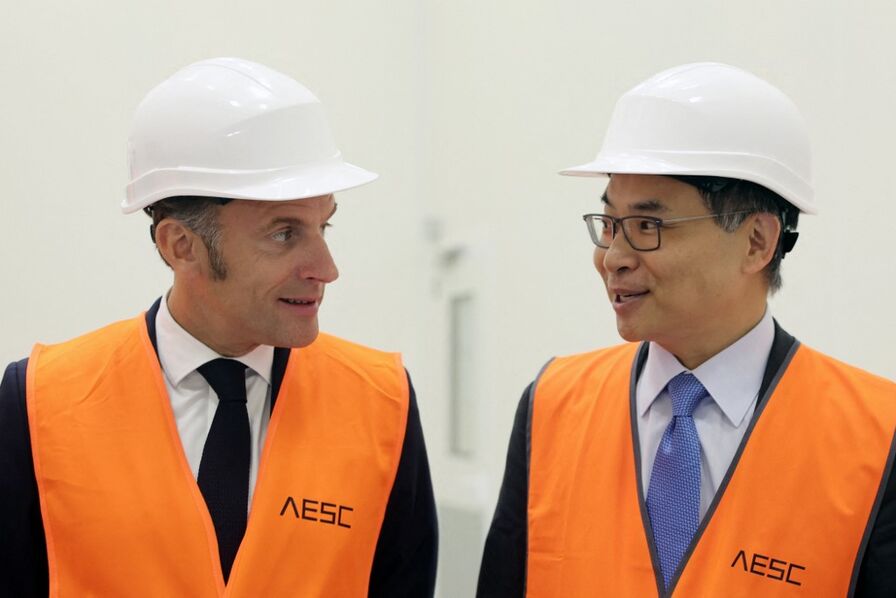
A national industrial and ecological ambition
The inauguration of the AESC Gigafactory in Douai is part of a wider strategy of reindustrialisation and energy transition called « Renault ElectriCity », with a total investment of almost €2 billion, including €1.3 billion for the Douai plant alone.
Launched in 2021, this project brings together three strategic sites in Hauts-de-France: Douai, Maubeuge and Ruitz, with the ambition of making the region the centre of gravity for electric cars in Europe. The aim of the project is to produce up to 400,000 electric vehicles a year at the three production plants, and to relocate some of the manufacturing to France. « Renault ElectriCity » aims to create a complete ecosystem, from battery manufacture to final vehicle assembly, with the support of key partners such as Envision AESC.
This inauguration marks a further step forward for Renault, which is affirming its determination to make Hauts-de-France the nerve centre of its 100% electric ecosystem, as part of its « Renaulution » transformation strategy. These initiatives illustrate the drive to strengthen France’s industrial sovereignty, with the aim of reducing its dependence on imported Asian batteries.
On the financial side, the European Commission has authorised €48 million in aid to support the construction of this lithium-ion battery plant, underlining its importance to France’s economic development and competitiveness in this field. The Douai site alone is expected to create more than 1,000 jobs by 2030.
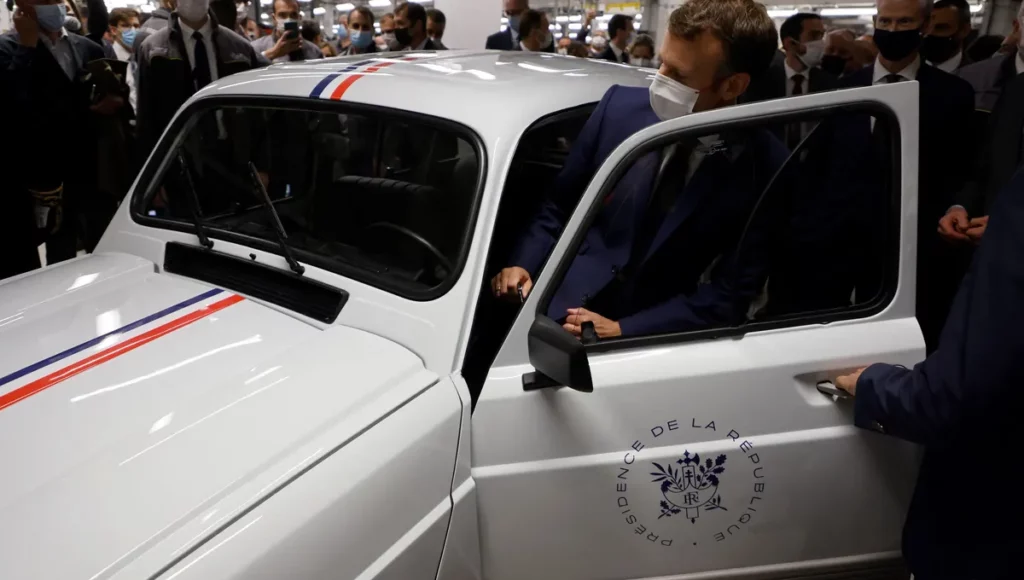
A major socio-economic impact
In Douai, Emmanuel Macron also stressed the importance of initiatives of this kind for the economic revitalisation of the region, which has historically suffered from industrial decline. The Head of State even went so far as to say: » There’s no need to be fatalistic or gloomy. Times are tough, but what you are embodying here today shows that ecology and the economy can go hand in hand if we invest, if we have a long-term strategy and consistency. «
